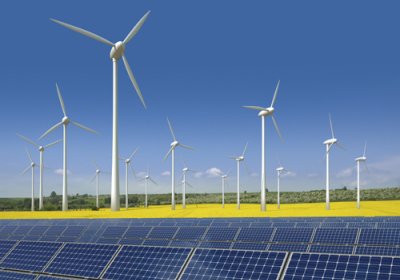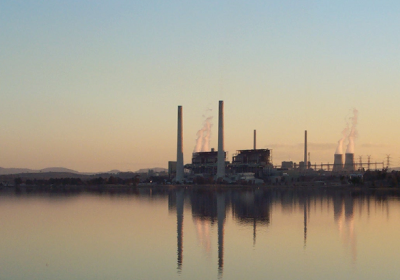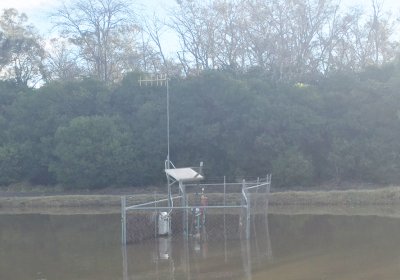Electrical Trades Union NSW/ACT secretary Allen Hicks has criticised private operator Transgrid for the lengthy power failures in Broken Hill and surrounds. Jim McIlroy reports.
AGL Energy
Questions are being asked about why energy giant AGL is being allowed to get away with designating a pitiful amount of funds to rehabilitate its coal-fired power stations and coal seam gas operations, writes Zane Alcorn.
Fossil fuel corporations have already planned production to 2030 that will exceed the global carbon budget by 120%, writes Peter Boyle.
The Foreign Affairs, Defence and Trade References Senate Committee released a report on May 19 into the implications of climate change for Australia's national security, which warned that climate change poses a "current and existential national security risk" to Australia.
The report defined an existential threat as “one that threatens the premature extinction of Earth-originating intelligent life or the permanent and drastic destruction of its potential for desirable future development”.
The union representing workers at the ageing Liddell power station has welcomed AGL Energy’s plan to transition it to a clean energy hub, even as pro-coal Coalition MPs called on Prime Minister Malcolm Turnbull to amend competition laws to force AGL to keep it as a coal-fired facility.
For a long time, Australian governments have believed that the private sector should run the electricity sector. Successive governments have used market instruments to incentivise reducing emissions, by supporting renewables, discouraging coal use, or both.
AGL CEO Andrew Vesey likes to paint himself as a sort of “greenie” who is shifting the company in the right direction in these “carbon constrained” times.

AGL CEO Andrew Vesey likes to paint himself as a sort of “greenie” who is shifting the company in the right direction in these “carbon constrained” times.
About 200 people protested #DirtyAGL outside its AGM in Sydney on September 28.
AGL claims to be "green" but it is Australia's Number 1 fossil fuel polluter, owning three of Australia's most polluting coal fired power stations. It also runs NSW's major unconventional gas plant in Camden, south west Sydney.
As AGL announced a $400 million loss on August 10, anti-gas protesters assembled outside its headquarters to demand it close its Camden coal seam gas (CSG) project in south-west Sydney.
- Page 1
- Next page









